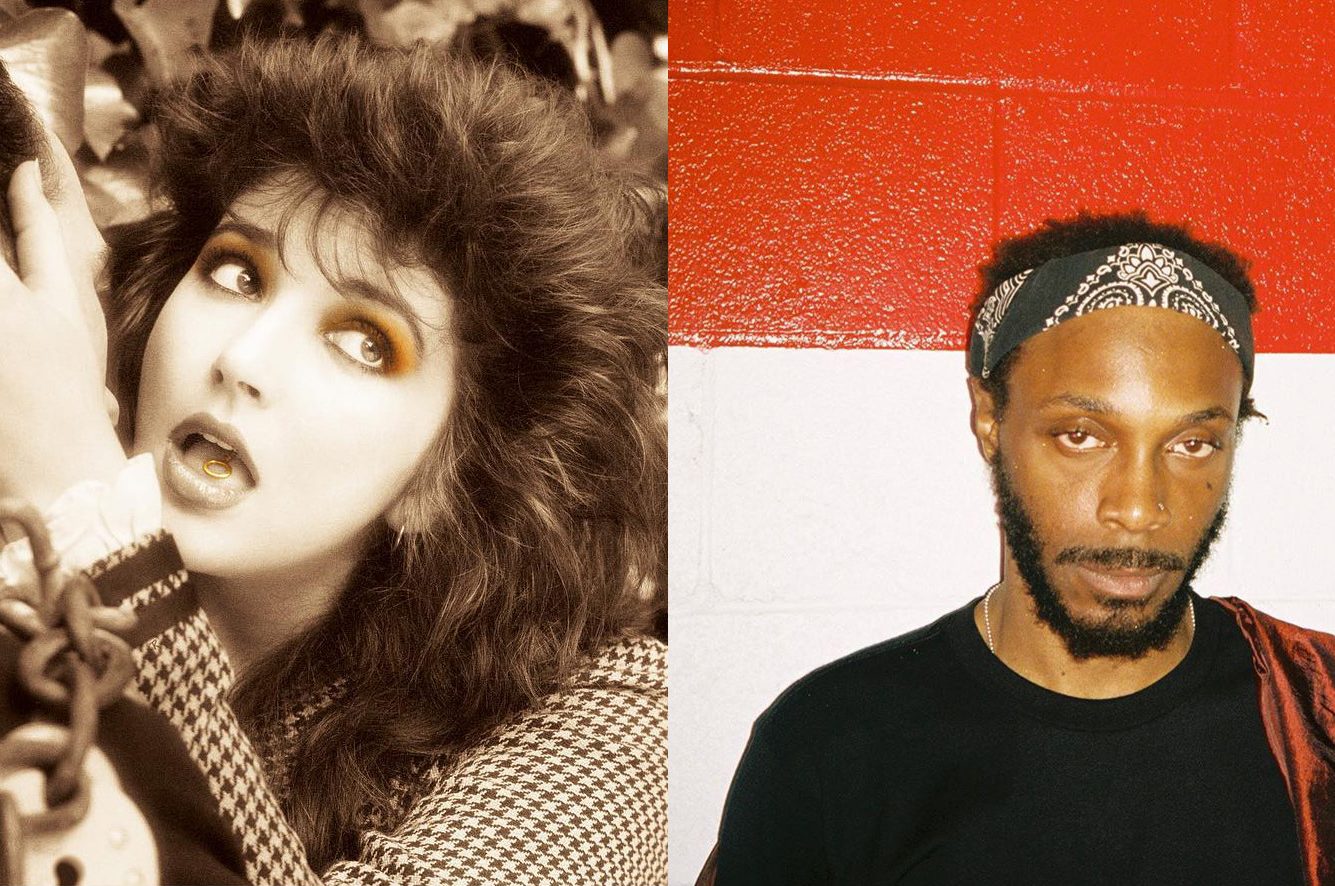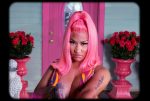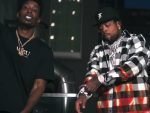On Aug. 16, Barrington DeVaughn Hendricks tweeted “i wanna be like kate bush when i grow up.” Whether he realizes it or not, he is well on his way.
The rapper/producer, known professionally as JPEGMAFIA, has become one of the preeminent auteurs in music and, despite the difference in genre, he is a worthy successor to the ‘80s alt-pop icon. Both are boundary-breaking performers who are dedicated to preserving the authenticity of their vision.
Hendricks has been relatively unknown for the majority of his career but has now dropped two highly acclaimed albums in the last two years. He has maintained that momentum over the summer, with a series of singles that may be pointing to another album dropping in the near future.
JPEGMAFIA broke out in 2018 with “Veteran,” an aggressive and innovative album that made it onto several albums of the decade lists. The album’s success was the culmination of many years of work from the artist and has been applauded for its exploration of both noise rap and trap music.
Like Bush, Hendricks is renowned for his songwriting, but while Bush wrote lush ballads, Hendricks writes biting criticism directed at whatever target he deems fit. His songs have become known for their cutting lyricism and pointed barbs at everyone from Drake to Bill Maher.
“Pistol whip ’em, I can’t waste the bullet in a poser / Incels gettin’ crossed ’cause I crossed over/ How they go from Anne Hathaway to Ann Coulter,” he raps on the title track of his latest album, “All My Heroes Are Cornballs.”
“It’s kind of like a baseline,” he said of the album’s title in a profile for the Guardian. “Like, let’s get this out the way: All your heroes are f—— cornballs. Don’t put so much faith in these n—– you don’t know.”
Corniness is a frequent topic of discussion in Hendricks’ tweets, interviews and lyrics. Maybe this is because Hendricks himself is so intensely honest. Authenticity is the motto — his own spin on what it means to be “real.”
“If you listen to my music, you know who I’m talking to, what I’m talking about, and exactly what my message is,” he told the Guardian. “The only people who misinterpret it is goofy white n—–. People attach words like ‘edgy’ and s— like that to me. It’s like yo, when has it ever been edgy for a black person to talk about black issues? Just because I’m not doing it the way Common is, where I’m like, ‘Hug your mom’ and s—. But also goofy white n—– come to my shows, so.”
This dedication to authenticity, both artistically and personally, is another shared quality with Bush. In an article with the Independent, Bush discussed how her motivation to produce came from her desire to keep her vision intact.
“The big thing for me, and it has been from quite early on, is to retain creative control over what I’m doing,” Bush said. “If you have creative control, it’s personal. What I didn’t want to do was step into someone else’s show.”
In an interview with Fader Magazine, she said, “I was aware that [production] was male-dominated. But what mattered was being able to experiment on my own terms.”
Bush broke boundaries as a woman in a male-dominated space. And whether he’ll get credit for it or not, JPEGMAFIA is making his voice heard as a Black man in white-dominated spaces.
In a string of tweets speaking out against “fake woke” types and music journalists, Hendricks said, “I’m black, I been black, I was black when I went to war and I was black when I dealt with racism head on as a child. I was black when privileged little white men. working at music magazines tried to paint me as “edgy” so they could digest the TRUTH I was dumping on them.”
Bush and Hendricks have each had a complex relationship with the media. Hendricks has frequently launched criticism at the white music journalists who cover him while Bush rarely engaged with the media at all.
However, Hendricks and Bush come from wildly different backgrounds. Bush was born in Bexleyheath, England, in 1958 and by 18 she was already the first woman to have written her own No. 1 hit single. Meanwhile, Hendricks was born in the Flatbush neighborhood of New York City in 1989. He joined the Air Force out of high school where he quietly made some of his earliest projects.
“A recruiter came to school and I was like, ‘I have no other option, I can either die here or … at least this will get me out of my situation,’” Hendricks said. “I’m not some patriot. I didn’t have some yearning to defend my country or anything. I was poor. And I was taken advantage of, really.”
As JPEGMAFIA, Hendricks has become a bit of an icon in DIY music. He is ferociously independent both in his thought and in his career.
“The reason I’m 29 and people are just now hearing about me is because there’s no bulls—,” he said. “I don’t have a manager who’s secretly on Interscope. I’m the complete opposite of an industry plant. I’ve been doing this since I was 15 years old and nobody cared till I was 28. If I was a different person, I’d be bitter, to be honest.”
The strongest tie between Bush and JPEGMAFIA is that individuality. It is a quality that has allowed them both to become trailblazers in their respective genres.
















